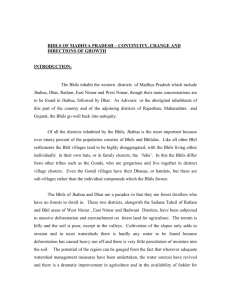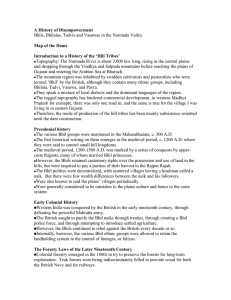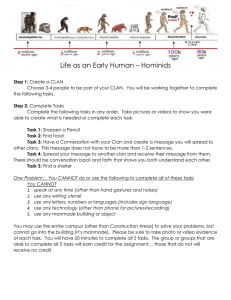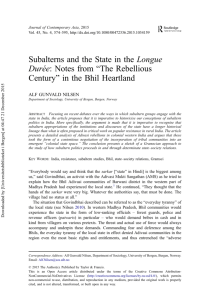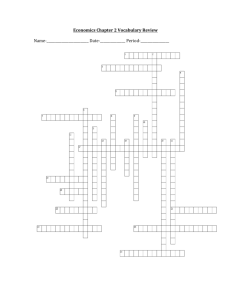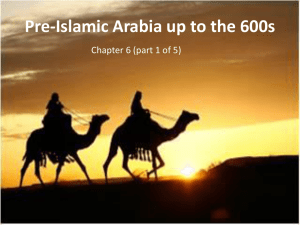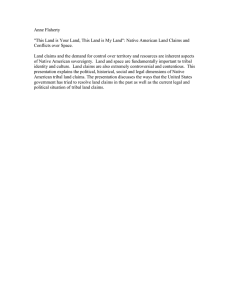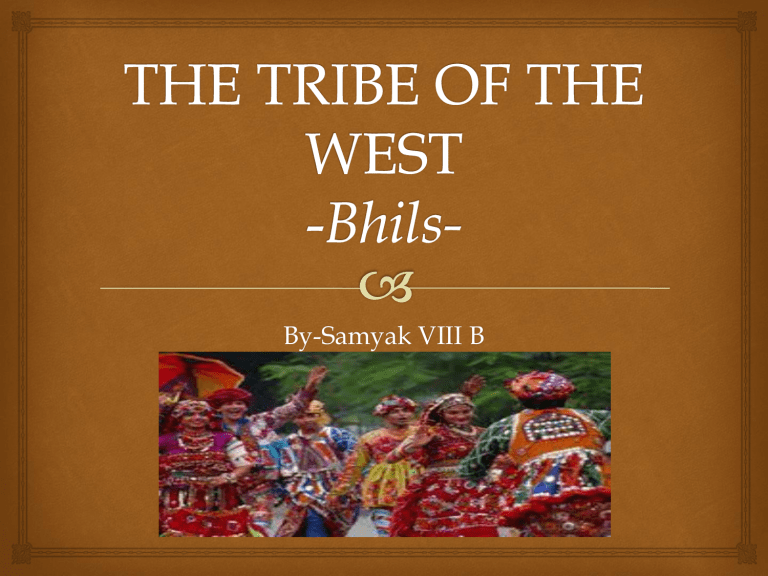
By-Samyak VIII B From the 17th century, several societies which didn’t follow the brahminical ideas emerged throughout the subcontinent. Among the largest tribal groups the Bhils was third largest tribe, following Gonds and Santhals. They are descendants of the Aryans who arrived in India after the decline of Harppan civilization. Location The Bhils were concentrated in the present day regions of Rajasthan, Gujarat, Madhya Pradesh and small parts of Maharashtra. Some of them were scattered in different regions of the subcontinent. Even today, they're found in Rajasthan & Gujarat. Administration and subdivisions The Bhils were governed by a headman called gameti. Each Bhil village had its own gameti & he had the decisionmaking power over most local issues. The gameti was under the clan of the particular group of villages, They were divided into territories, each having a Bhil clan. For e.g.: in Rajasthan, Meena, Bhilala etc.... were prominent sub-divisions. But these groups saw them different from the Bhil tribe. As the british arrived, the gametis couldn’t enjoy much power or independence as the clans themselves were subjugated. Some of the clans fell for the Forest policy. Language and culture The language spoken by Bhils is called Bhili(belonging to IndoAryan group of languages). Also, this language had more than 30 different dialects which varied from territory to territory. Presently,36 dialects of Bhili are recognized. It is based on Gujarati but the influence of Marathi and Rajasthani increases as we go towards south east and north west respectively. Bhilala clan of the Bhils is famous for its Pithora paintings. Their folk dance is known as Ghoomar and mainly involves women Pithora painting Ghoomar dance Occupation and food The Bhils were mostly jhum cultivativators but due to droughts, debt etc.., they had to opt for other jobs such as gum&lac collection, weaving handloom products, cutting wood, preparing charcoal & other such jobs. The first Bhils were hunter-gatherers. With the arrival of british, more tribals were employed in coal mines, factories etc.. the made their own weapons like bows & arrows, knives, spears etc.. as they were themselves a part of their army. In agriculture, they cultivated maize, onion, garlic and chilly. Wheat, rice, maize, barley and malt were grown only for festivals. Slash & burn cultivation was practiced. Rice was only cultivated in Gujarat(coastal), Maharashtra & parts of Madhya Pradesh. Maize, millet and barley were the staple crops. The Bhils were non-vegetarian and were addicted to the use of alcohol and tobacco in celebrations. The fact that the term ‘bhil’ means ‘bow’ in Bhili can be seen in this image. That's why bow & arrow was their primary weapon during war. Clothing The Bhils have a very distinctive dressing style. The traditional dresses of men include Pagri,Angrakha,Dhoti & Gamucha and that of women include Saree,Ghagra choli. Men wore ornaments like Kada ,Ear rings , chains & Bajuband while the women wore Hansli,rings,Nathni(nosering), Narniyan (bangles) etc.. Tattoo making is a common practice for men & women both. Tribal dress of women Tribal dress of men Religious beliefs The Bhils believed in animism i.e. the worship of inanimate things. But they were highly superstitious. For them, gods and goddesses rely in nature as the sky, trees etc.... Fire along with animals like horses, tiger, boar etc... were sacred for them. Animal sacrifice was also practiced. They had their own local deities like Gramadev(village-guardian god),Kuldev & Kuldevi(household deities) etc.. In some clans, Hindu gods like Shiva,Parvati and other smaller gods were worshipped. Later, the influence of former Hinduism increased on Bhilala and some small clans and they began to follow Brahmins and caste system. Islam was scarce and the influenced of Christianity increased with the arrival of british. An idol of Kuldeva Festivals There are a number of Hindu festivals, which are celebrated by Bhils like Rakhi ,Holi ,Diwali ,Dusshera etc. which are celebrated by the Bhils. They also celebrate some local festivals which are Akhatij, Navmi, Howan , Mata ki Chalavani etc. In some regions, fairs were held like the Navratri mela, Bhagoria mela etc.
